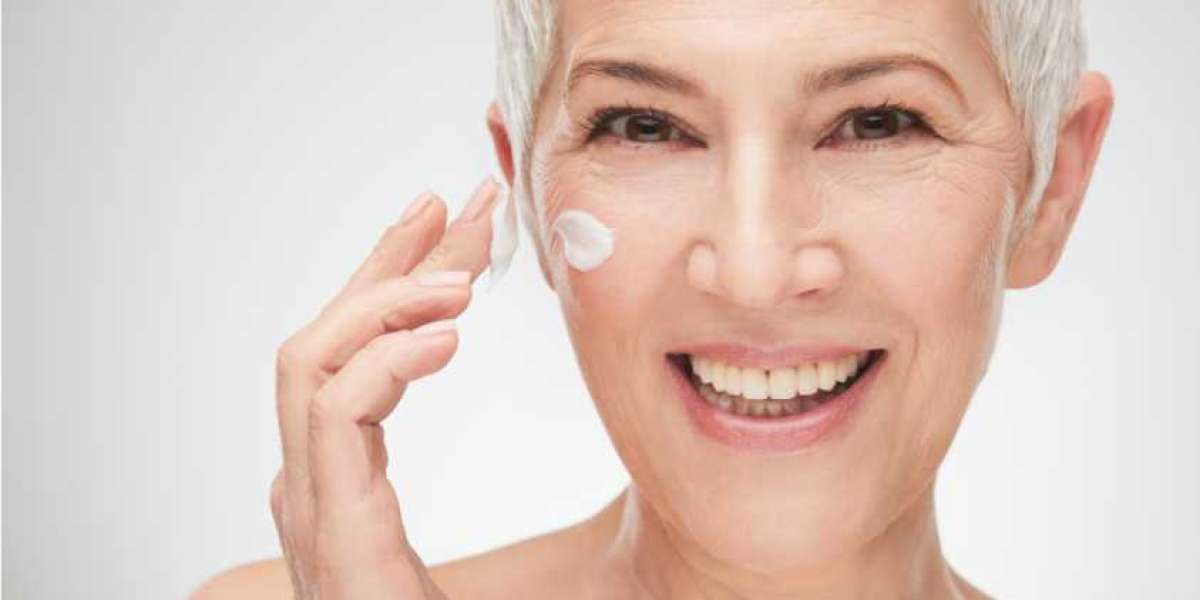It is critical for older individuals to take good care of their skin, which is the biggest organ in the body. Our skin changes as we get older. It grows drier, thinner, and less elastic as the years go by. Elderly skin is also more prone to injury and recovers more slowly than younger skin. Skin issues in older individuals can range from minor irritations such as itching, scaling, and moderate dryness to more serious disorders such as infection and ulceration. In the elderly, a severe skin infection or a wound that does not heal can be life-threatening and even deadly.
"Sun exposure is the most prevalent cause of pre-cancers and skin cancer," according to the American Cancer Society.
– Skin Cancer Foundation of America
Skin Conditions Associated with Aging in Older Adults
Senile Purpura is a condition characterized by purplish patches that emerge more frequently on the arms and legs of the elderly due to the thinness of the skin and fragility of the capillaries and blood vessels immediately under the surface of the skin.
Stasis Dermatitis is a condition characterized by dry, itchy skin that affects more older women than males.
Known as "exfoliative" dermatitis, this severe form of dermatitis is characterized by extensive peeling and shedding of skin. It is especially dangerous in older people since the acute itching can lead to infections.
Skin Infections and Infestations: Bacterial infections and parasite infestations such as scabies or ringworm are examples of skin infections and infestations.
Skin growths, both malignant and noncancerous: Benign neoplasms or skin growths such as seborrheic keratoses, which are also referred to as "skin barnacles."
Skin problems caused by viruses: Shingles and herpes zoster are two examples.
Seniors' Skin Care: What They Should Know
In general, the elderly have unique skin care requirements since their skin becomes thin and dry as they age. If their skin becomes too dry, it becomes susceptible to cracking and dermatitis, which allows germs to penetrate the skin and cause illness. The elderly should do the following:
Avoid taking long, hot baths or taking numerous showers.
Gentle soaps should be used, and moisturizers should be applied softly to the skin after every shower or bath.
Bed-ridden elders should be turned on a regular basis to minimize bed sores and pressure-sensitive ulcers.
Absorbent materials and catheters should be changed on a regular basis.
Seniors should also do the following to maintain good skin health:
Smoking should be avoided.
When you're outside in the sun, make sure to use sunscreen.
Drink plenty of water to keep your body adequately hydrated.
During the winter and in dry locations, a room humidifier should be used.
Avoid environments that are extremely hot and dry, such as saunas.



